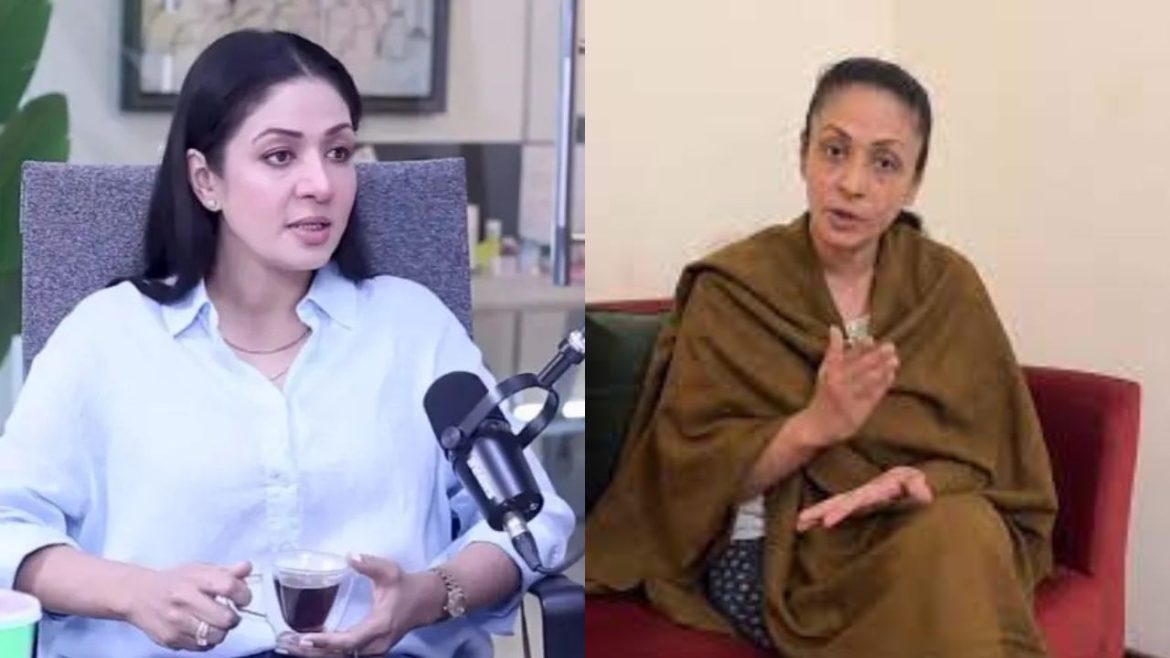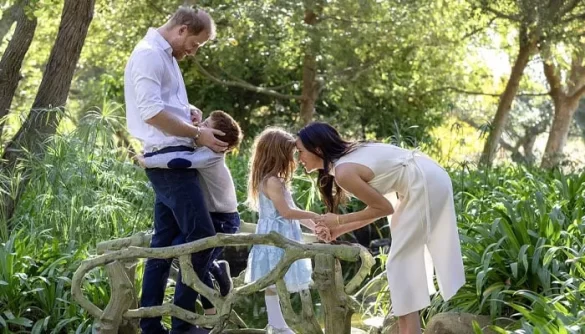Pakistani television veteran Saima Qureshi has made headlines by stating that nearly 95 percent of men in Pakistan desire a second marriage. She shared her views in a recent podcast, emphasizing the importance of responsibility and adherence to religious principles when considering polygamy.
Advocating Responsible Choices
During the podcast, Qureshi highlighted that men should approach second marriages through lawful and responsible channels, rather than engaging in extramarital affairs. She argued that irresponsible relationships not only affect the immediate family but can also have long-term consequences for future generations.
“Men should fulfill their desires in a halal manner, rather than resorting to affairs,” she stated. “Their actions impact not only their spouse but also the stability of the family and the upbringing of children.”
Questioning Social Stigmas
Qureshi also questioned the societal stigma surrounding second marriages. She asked whether extramarital affairs are preferable to a legal, religiously sanctioned union. Her remarks encourage men to avoid forbidden relationships and to make decisions guided by faith and ethics.
“Why is it considered wrong for a man to have a second wife when affairs are socially frowned upon?” she asked. “Islam provides a framework for responsible polygamy. Men should follow that path instead of harming others.”
The Role of Consent
Addressing concerns over spousal consent, Qureshi clarified that in Islam, a husband is not legally required to obtain his first wife’s permission to marry a second time. She stressed that religious guidelines, rather than social pressures, should guide men’s decisions regarding marriage.
“Men should prioritize Islamic teachings over societal expectations,” Qureshi said. “This approach ensures harmony and stability within the household.”
Cultural and Religious Context
In Pakistan, polygamy is legally permissible under Islamic law, provided certain conditions are met, including fair treatment of wives. However, the topic remains socially sensitive, with strong opinions on both sides. Qureshi’s comments contribute to an ongoing conversation in the country about balancing religious rights, social norms, and family dynamics.
Recent studies on marriage trends in Pakistan indicate that while polygamy is legally allowed, only a small percentage of men actually pursue it due to financial, social, and emotional considerations. Qureshi’s statement—that 95 percent of men desire a second marriage—reflects a perceived aspiration rather than confirmed statistical data.
Promoting Family Stability
Ultimately, Qureshi emphasized that responsible decision-making aligned with religious teachings can prevent family discord and promote long-term stability. She encouraged men to consider the broader implications of their choices for both their spouses and children.
“Following Islamic principles ensures that families remain peaceful and children grow up in a secure environment,” she said.
Her remarks have sparked conversations about ethics, responsibility, and societal attitudes toward polygamy in Pakistan. While the topic remains controversial, Qureshi’s perspective reinforces the importance of lawful and conscientious decision-making in marriage.















